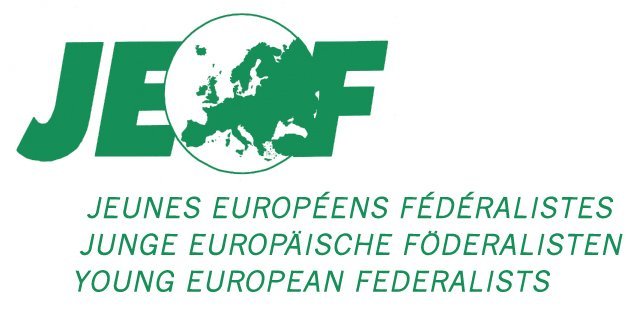Philippe Adriaenssens, President of the Young European Federalists (JEF-Europe), says: “JEF fully backs Duff’s federalist proposal and strongly supports his commitment to building a more democratic Europe closer to the Citizens. Giving EU Citizens the possibility to vote for representatives of different nationalities on EU-wide lists will finally make the European dimension of the elections more tangible! JEF welcomes the fact that the introduction of transnational lists will allow the existing EU parties (not allowed to campaign for voters or seats so far) to become real campaigning organisations!"
Some of the proposals would require changes in the EU Treaty, which would require an intergovernmental conference and subsequent ratification by all 27 EU Member States. The 1976 Act on elections to the European Parliament would also need to be amended and specific implementing legislation should be put in place.
Adriaenssens explains: “The procedure is long and the path ahead is a challenge, which is why we call upon MEPs to give a strong signal by approving the Duff Report with a big majority when it will feature on the agenda of the EP plenary in June. JEF is ready to campaign and raise awareness among policy-makers because it is in their own enlightened self-interest that the European Parliament gradually gains more independence from national political games.” Like Andrew Duff says: “If we really want a successful post-national parliamentary democracy, Europe’s political class has to move with the times.”
It is JEF’s long-standing wish that candidates for the Commission would be able to run on transnational lists and that European political parties would engage in Europe-wide campaigns across national borders. JEF also welcomes that the current proposal brings forward the timing of the European elections from June to May, thus granting the newly elected Parliament more time to prepare for the election of the President of the European Commission in July.
“Having in mind Jean-Jacques Rousseau’s vision on the necessity of any political system to reflect the common interest, we have to persuade MEP’s that the Europeanisation of the electoral procedure is the only way to truly guarantee the Volonté Générale (General Will) in Europe.” concludes Adriaenssens.
[ENDS]


1. On 21 April 2011 at 09:42, by Aymeric L Replying to: Transnational lists for truly European elections: JEF votes in favour!
Replying to: Transnational lists for truly European elections: JEF votes in favour!
It’s only the beginning. After MEPs adopt the proposal in the plenary session, negotiations with the Council will begin, and it will start becoming funny.
We’ll see how governments extricate themselves from this question with all kinds of false excuses, saying:
– “These 25 additional MEPs would cost millions and it would be a bad signal in times of crisis” (which is also partly true);
– “European voters are too stupid to understand this complicated two ballot system”;
– “We’ll never be able to ratify this: look, Cameron is against”;
– “We don’t have time for this; people don’t want institutional debates, they want action”;
– “These MEPs need to be elected locally”.
And after rejecting the proposal following a two hour debate, national governments will spend six months discussing about the 18 additional (unelected) MEPs of the Lisbon treaty, and about the “strategic” redistribution of seats for 2014, as they are certain that getting 24 MEPs instead of 23 would be seen as a “national victory” over Europe.
Well, let us prevent them from being so previsible.
Follow the comments: |
|
